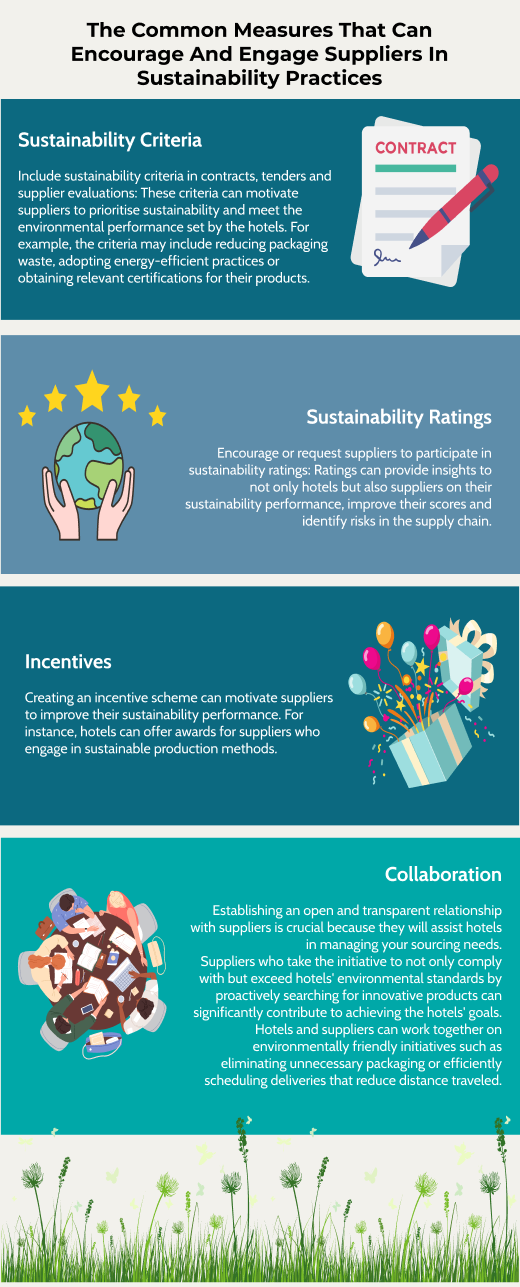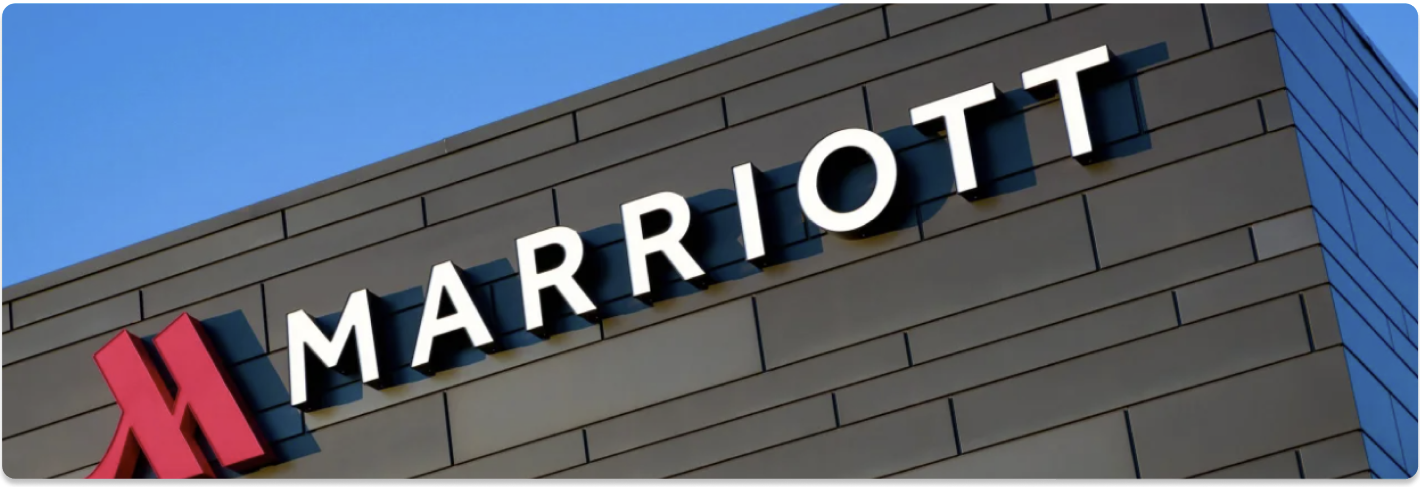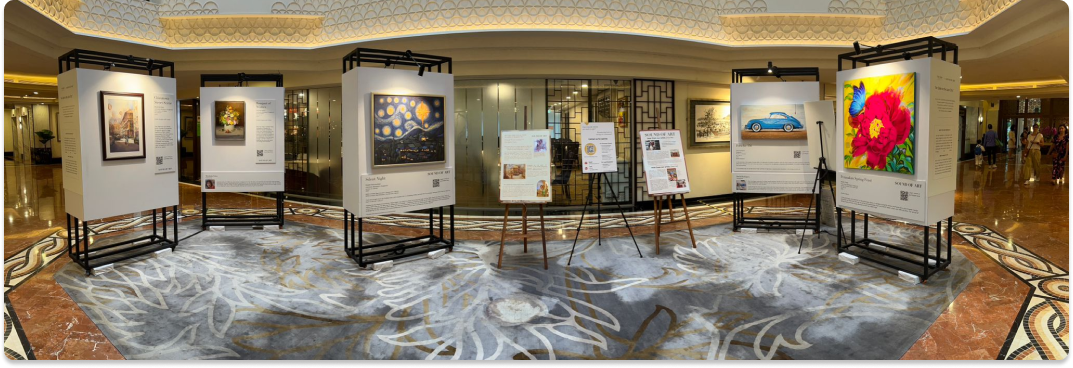
Introduction to Supplier Engagement
The role of supplier management plays an important role in ensuring operational effectiveness and efficiency. To establish a robust and sustainable sourcing strategy, effective supplier management is critical for hotels. Suppliers are one of the key components of hotels’ sustainability strategy since they are providing the essential goods and services for hotels to operate. As major consumers of resources ranging from water and energy to food and materials, hotels should recognize they have the responsibility in creating a sustainable value chain and prioritize sustainable sourcing practices.
However, sustainable sourcing practices require action from both the hotel and its suppliers. While hotels can establish policies and requirements, suppliers may lack the knowledge, resources, and incentives to comply. This can limit the hotel's ability to achieve its sustainability goals.
To effectively encourage suppliers to adopt sustainable practices, our recommended methodology for hotels is to initially assess the suppliers' existing level of awareness and identify any obstacles for suppliers to implement such practices.

A good supplier management strategy requires hotels and suppliers to work closely, enabling them to achieve their sustainability goals and effectively contribute to protecting the environment while creating valuable business outcomes.
Global Best Practices
Understanding and assessing supplier performance
Understanding suppliers is crucial to developing a sustainable sourcing strategy because suppliers are key partners in the supply chain, and their actions have a direct impact on the sustainability of the products and services provided.
To achieve a comprehensive understanding of supplier performance, hotels should first obtain their existing list of suppliers and conduct a baseline assessment. This can be accomplished through several methods as follows:




In conclusion, understanding supplier performance is a vital component of developing a sustainable sourcing strategy for hotels. By utilizing various methods to assess supplier performance and prioritizing areas for improvement, hotels can make more informed decisions and promote sustainability throughout their supply chain.
Solutions
Based on the earlier supplier assessment results, hotels will be able to gain a better understanding of their suppliers’ environmental performance. Fortunately, there are multiple approaches available to assist suppliers in enhancing their sustainability performance. Nevertheless, it is crucial to recognize that each supplier may require a customized approach.
The strategy hotels adopt with each supplier will depend on a myriad of factors, including their current level of maturity, the strength of the business relationship, and their commitment to sustainability.
By leveraging the insights gained from the assessment, hotels can devise customised solutions that enable them to support suppliers in achieving their sustainability goals while also driving positive outcomes.
Here are some of the common measures that can encourage and engage suppliers in sustainability practices:

Education
Case Studies
International
Marriott International, Inc - Sustainability Criteria

Marriott's suppliers and products are screened for their environmental and social attributes through Marriott’s procurement services provider, Avendra. In this regard, Avendra contracts set the expectation for suppliers to follow Marriott’s Supplier Conduct Guidelines, which set baseline expectations around social and environmental responsibility. Avendra also requires suppliers to submit a sustainability policy that is relevant to that supplier’s industry impacts.
Marriott uses EcoVadis ratings platform to assess the environmental and social business aspects of its existing Americas suppliers, within their top 10 product categories. They requested approximately 100 existing suppliers to complete the assessment for their evaluation. The information submitted to EcoVadis platform will be used to develop improvement plans for suppliers so that they are on track to successfully meet the responsible sourcing requirements by the end of 2025 that have been determined for each of the top 10 categories.
Through its partnership with Avendra, Marriott engaged its suppliers on anti-deforestation programs, including key suppliers of beef, soy (including feed to beef, poultry, pork, and seafood), fiber/paper, and other products that make significant use of palm oil.
By assessing its supplier, Marriott can gain an understanding on its suppliers’ environmental performance, identify areas of improvement, and recommend plans for improvement. This helps ensure that Marriott will meet its responsible sourcing goals.
Hilton Worldwide Holdings Inc. - Sustainability Criteria

Hilton is a global hotel chain that recognises the importance of creating positive economic, environmental and social impact across its supply chain. The company has partnered with suppliers to drive sustainable sourcing options, foster a diverse supply chain and conduct ESG with due diligence to ensure responsible business practices. To further strengthen their impact, Hilton has set industry-leading 2030 supply chain goals that are prioritised across the sourcing lifecycle.
Hilton also engages closely with their suppliers and encourages its business partners to adopt sustainable practices, including setting carbon reduction targets and conducting human rights due diligence. Hilton leverages their Responsible Sourcing Policy by including it in all their supplier contracts and outlining the fundamental principles that are expected of all contracted suppliers, regardless of the region in which they are located. They have been partnering with EcoVadis to assess their suppliers’ sustainability risk and performance. About 110 key suppliers were invited to complete the EcoVadis Assessment in 2022 to strengthen due diligence and support ESG performance across the supply chain.
Hilton's partnership with its suppliers reflects its commitment to creating a positive impact on the environment, society, and economy across its supply chain to drive positive change and contribute towards building a better future.
References : Hilton-2022-ESG-Report.pdf
Local
Resort World Sentosa (RWS) - Farm-to-Table

Engaging suppliers regularly are critical in building a responsible supply chain and have the added ripple effect of supporting suppliers in their respective sustainability journeys. RWS’ procurement team as well as its F&B team work closely with various suppliers to understand their processes and explore new modes of partnerships.
At the outset of their initiative to prioritise local sourcing, particularly for food procurement, RWS engaged extensively with local farms, conducting on-site visits to their facilities to understand their practices and methods such as such as pesticide-free farming and hydroponics, which optimize factors such as temperature, humidity, and light intensity; in addition to customary procurement considerations like production, scalability, product mix, and logistics.
Through forging closer partnerships with local farms and understanding their capabilities, RWS has been able to procure more effectively from them, matching their local production levels to expected demand at the resort. One of its biggest success stories is in purchasing fresh eggs, nearly all of which are purchased from farms in Singapore. This partnership has extended beyond purchasing eggs – to reduce packaging waste and with a strong partnership, RWS has also been able to reduce the number of egg cartons used, tapping on reusable cartons instead.
Far East Hospitality - Sustainability Sourcing

Far East Hospitality, a renowned hotel chain, acknowledges the critical role played by suppliers in their sustainable sourcing strategy. They recognize the need for suppliers to embrace the best ESG (Environmental, Social, and Governance) practices in their supply chain. As a part of their sustainability efforts, the hotel has offered essential recommendations and best practices in sustainable supply chains for their key suppliers.
To ensure effective implementation of their sustainability objectives, Far East Hospitality collaborated with a consultant to conduct research on fundamental principles and best practices in ESG. They firmly believe that these recommended practices can make a significant impact on their supply chain and lead suppliers towards a more sustainable outcome for the organization.
During the process, the hotel identified and worked closely with key suppliers to obtain valuable feedback and suggestions on the document. Although it is not yet mandatory for all key suppliers to adopt these recommendations, Far East Hospitality highly encourages them to be incorporated into their operations.
By providing their suppliers with recommendations and best practices, Far East Hospitality anticipates a reduction in packaging waste and Scope 3 carbon emissions. These benefits align with the organization's broader sustainability goals and highlight their commitment towards sustainable practices.
Monitor & Review
Effective monitoring of supplier management is critical to ensure that suppliers adhere to sustainable practices, enabling hotels to make informed decisions and build stronger supplier engagement. To achieve this, hotels can employ a variety of strategies, independently or in combination.
One approach is to use sustainability ratings or a scorecard system to monitor and review suppliers' performance. These tools can provide insight into suppliers’ environmental impact and help identify areas for improvement, encouraging them to adopt more sustainable practices.
Another effective strategy is to set achievable goals for suppliers to achieve within a defined timeframe. such as the use of eco-friendly materials, waste reduction, or improved energy efficiency. These goals can motivate suppliers to improve their environmental performance while contributing to a more sustainable supply chain.
Conducting regular checks on the supply chain and suppliers is also an essential step in monitoring supplier engagement. These checks could include site visits, audits, and/or assessments of suppliers' sustainability practices. This enables hotels to verify that suppliers are implementing sustainable practices as agreed upon and identify areas of non-compliance.
Additionally, validating suppliers' sustainability performances can provide hotels with a comprehensive understanding of their environmental impact. This may involve engaging third-party assessors to evaluate suppliers' sustainability practices and provide an independent assessment. This can help hotels to identify suppliers that are contributing positively to their sustainability objectives and encourage the adoption of more sustainable practices across the supply chain.
In conclusion, effective monitoring of supplier management is a crucial in building stronger supplier engagement and achieving sustainable supply chain practices. By adopting these approaches, hotels can promote sustainable practices throughout their supply chains, making a positive and sustainable impact on the environment.
References: Responsible_food_purchasing_Four_steps_towards_sustainability_for_the_hospitality_sector.pdf (unep.org)
